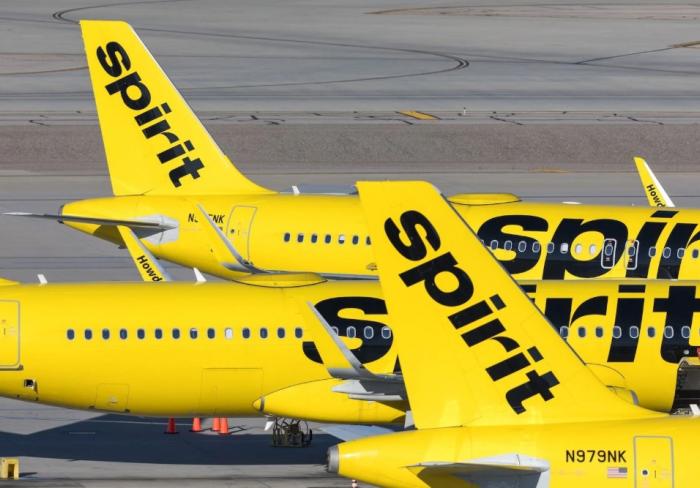Mexican hotel chain Posadas Group revealed a 2.3 percent decline in their total earnings during the first quarter of the ongoing year, yet it said earnings in its beach hotels were up by 11 percent despite the war in Iraq.
A press release dished out by the company indicates that “even amid the current war scenario, the group made no significant cancellations and that accounts for roughly 30 percent of all rented rooms in beach hotels.”
Nevertheless, the report is tight-lipped on gross incomes or business volumes during that same quarter.
An array of recent dollar devaluations occurred since president Lula took office is prodding Brazilian nationals to fly to other countries, said Tasso Gadzanis, chairman of the Brazilian Travel Agency Association (ABAV).
If the dollar happens to hold on to its current level somewhere between 2.95 and 3 reales per buck, the flow of outgoing Brazilians should soar to 50 percent compared to the year before. Since last January, Uncle Sam’s currency has lost 16 percent of its face value against the real.
Varig, Brazil’s largest commercial aviation company, announced the layoff of 350 employees, among pilots and flight stewards, as a result of the financial fix the carrier is in. The action stems from an inflated payroll coming after the giveback of thirteen planes the company had previously leased.
Guatemala scored a big 32.7 percent growth in tourism earnings during the first quarter of 2003 compared to the same span of time the year before, the Guatemalan Tourism Institute (INGUAT) reported.
The first three months of 2003 poured $175 million into the country’s coffers, $131.9 million more than in the first quarter of 2002, according to an INGUAT press release citing stats provided by the Central Bank of Guatemala.
In a breakdown analysis, January came up with $63.4 million, while February and March churned out $57.2 million and $54.4 million, respectively.
Costa Rica’s central Pacific belt –home of the country’s most sought-after national park- is having a ball as far as tourist investment is concerned. The attractive zone dotted with beaches and mountains has lured both local and foreign entrepreneurs alike who’ve come with a variety of hotel projects of all sizes in their briefcases.
According to local weekly The Financier, only between the Manuel Antonio Park and the location of Quepos –the two of them are some 45 miles southwest of the nation’s capital- there are 3,500 rooms for tourists.
The Salvadoran government seeks to beef up its brittle economy through the promotion of its natural beauties and the intention to lure 85,000 visitors this year. The Salvadoran Tourism Corp. (CORSATUR) is determined to churn out earnings way over the $342 million reaped the year before and $100 million more than in 2001.
According to CORSATUR, El Salvador is hampered by the problem that most foreigners travel to the country on either labor contracts or business trips, therefore their stays hardly ever surpass two days on a minimum spending.










